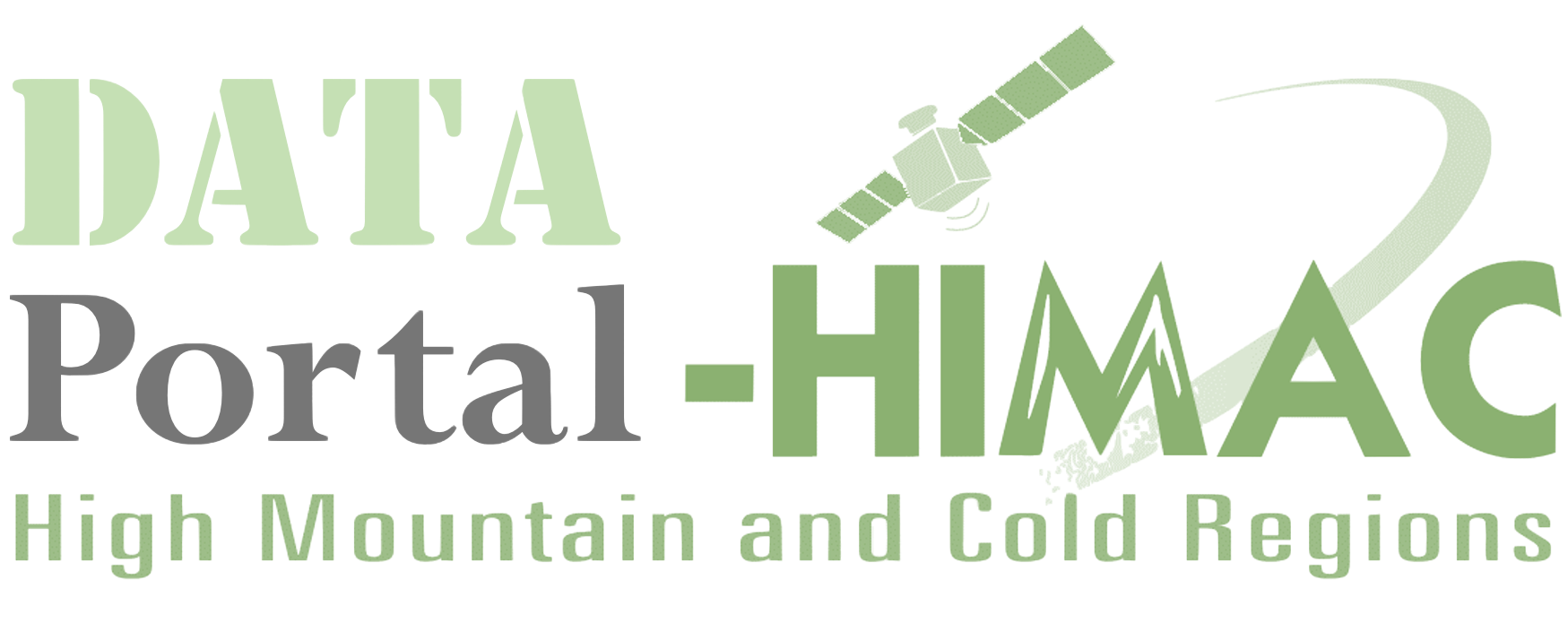| Source |
http://uv.biospherical.com/ |
| Last Updated |
May 26, 2021, 02:36 (UTC)
|
| Created |
December 26, 2020, 12:08 (UTC)
|
| Country |
USA |
| Data Management |
Plans for data management and sharing of the products of research. Proposals must include a supplementary document of no more than two pages labeled Data Management Plan. This supplement should describe how the proposal will conform to NSF policy on the dissemination and sharing of research results (see AAG Chapter VI.D.4), and may include:the types of data, samples, physical collections, software, curriculum materials, and other materials to be produced in the course of the project; the standards to be used for data and metadata format and content (where existing standards are absent or deemed inadequate, this should be documented along with any proposed solutions or remedies); policies for access and sharing including provisions for appropriate protection of privacy, confidentiality, security, intellectual property, or other rights or requirements policies and provisions for re-use, re-distribution, and the production of derivatives; and plans for archiving data, samples, and other research products, and for preservation of access to them.Data management requirements and plans specific to the Directorate, Office, Division, Program, or other NSF unit, relevant to a proposal are available at: https://www.nsf.gov/bfa/dias/policy/dmp.jsp. If guidance specific to the program is not available, then the requirements established in this section apply. |
| Data Policy |
The National Science Foundation Office of Polar Programs (NSF OPP) requires that metadata, full data sets, and derived data products be deposited in a long-lived and publicly accessible archive. Specific requirements for various OPP programs can be found in the NSF Dear Colleague Letter #16055. The Arctic Data Center was created with funding from NSF to assist with compliance of these requirements by providing that long-lived and publicly accessible archive for Arctic Sciences Section (ARC) data and metadata. At a minimum, metadata describing ARC-supported data packages must be submitted to the Arctic Data Center. The Arctic Data Center primarily stores metadata in structured, XML-based files. Transformation of plain text documentation into a structured metadata format for archiving is done automatically when submitting through the Arctic Data Center website. Prior to submitting documentation to the Arctic Data Center, we advise projects to create complete, plain text metadata records. Ideally, plans to create and store metadata records should be made during the initial stages of project development (i.e., within the data management plan of the project proposal). |
| Data Sharing Principle |
Investigators are expected to share with other researchers, at no more than incremental cost and within a reasonable time, the primary data, samples, physical collections and other supporting materials created or gathered in the course of work under NSF grants. Grantees are expected to encourage and facilitate such sharing. See Proposal & Award Policies & Procedures Guide (PAPPG) Chapter XI.D.4. Dissemination and Sharing of Research Results a. Investigators are expected to promptly prepare and submit for publication, with authorship that accurately reflects the contributions of those involved, all significant findings from work conducted under NSF grants. Grantees are expected to permit and encourage such publication by those actually performing that work, unless a grantee intends to publish or disseminate such findings itself. b. Investigators are expected to share with other researchers, at no more than incremental cost and within a reasonable time, the primary data, samples, physical collections and other supporting materials created or gathered in the course of work under NSF grants. Grantees are expected to encourage and facilitate such sharing. Privileged or confidential information should be released only in a form that protects the privacy of individuals and subjects involved. General adjustments and, where essential, exceptions to this sharing expectation may be specified by the funding NSF Program or Division/Office for a particular field or discipline to safeguard the rights of individuals and subjects, the validity of results, or the integrity of collections or to accommodate the legitimate interest of investigators. A grantee or investigator also may request a particular adjustment or exception from the cognizant NSF Program Officer. c. Investigators and grantees are encouraged to share software and inventions created under the grant or otherwise make them or their products widely available and usable. d. NSF normally allows grantees to retain principal legal rights to intellectual property developed under NSF grants to provide incentives for development and dissemination of inventions, software and publications that can enhance their usefulness, accessibility and upkeep. Such incentives do not, however, reduce the responsibility that investigators and organizations have as members of the scientific and engineering community, to make results, data and collections available to other researchers. e. NSF program management will implement these policies for dissemination and sharing of research results, in a way appropriate to field and circumstances, through the proposal review process; through award negotiations and grant conditions; and through appropriate support and incentives for data cleanup, documentation, dissemination, storage and the like. f. Each NSF grant contains, as part of the grant general terms and conditions, an article implementing dissemination and sharing of research results. |
